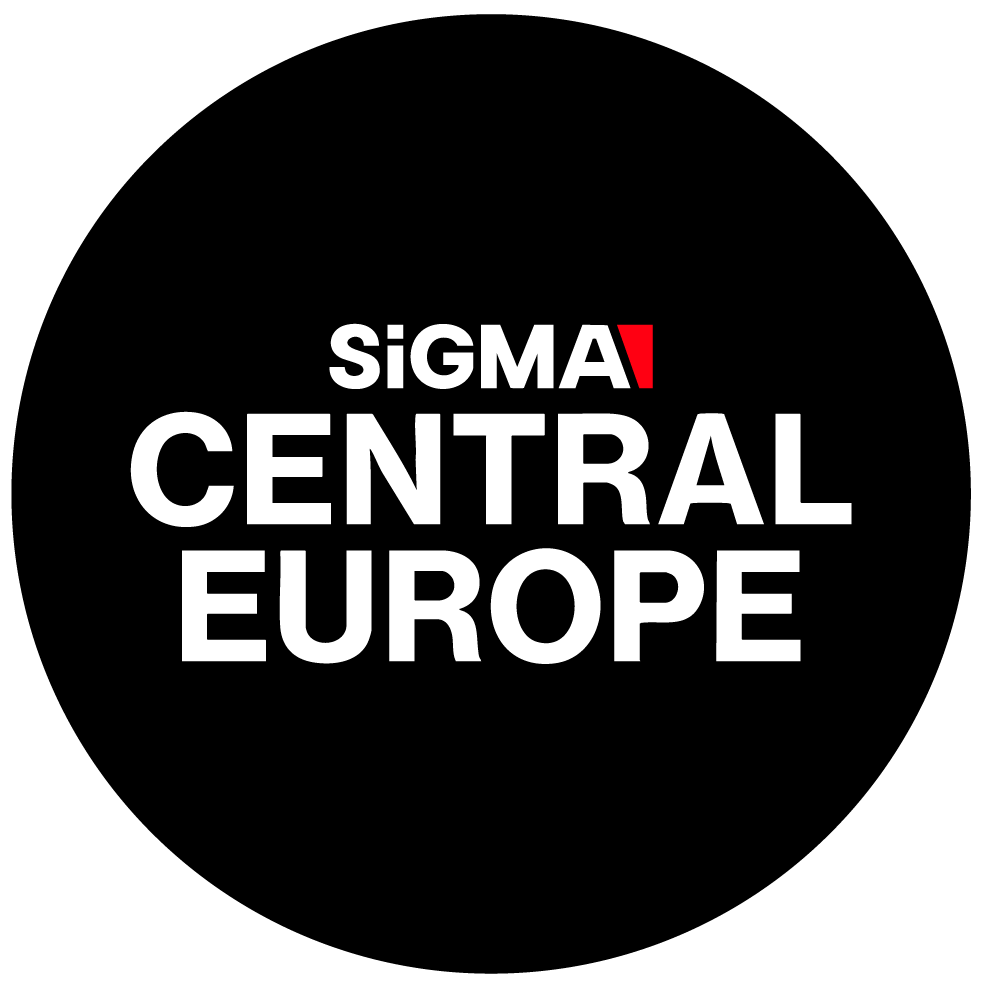
July 21, 2025
Why fund separation matters
The financial landscape is changing rapidly
The financial world is vastly different from a decade ago and will likely be different in a decade’s time to today. Technical evolution - particularly internet, online services and AI- has transformed how we handle money and value. In light of that same evolution the financial services industry is completely different. Coming from an era where our assets were traditionally kept and managed by traditional financial institutions, also known as banks and/or pension funds, currently the companies involved are entirely different. Furthermore, the type of assets also differs. Where earlier we had money and shares, today we also have NFTs and cryptocurrencies as a part of our options. These new types of assets are not necessarily a part of the systems maintained by traditional financial institutions.
In addition to the types of assets, the methods and systems of payment have evolved to where we are today. Next to the systems maintained by banks and other traditional financial institutions, we see tech companies like Apple and Google have become an essential part of daily payments. From an iGaming perspective, we see operators storing client value (or funds) on their own platforms. This value generally originates from banks and payment platforms, including those facilitating electronic currencies such as crypto.
The above-mentioned evolution is generally seen as an advancement. However, at the same time, the velocity of these changes will continue to challenge the existing systems and safety measures built in them. Because technology is advancing so quickly, many people are not fully aware of the risks that come with new financial services and different types of assets. In this article – the first in a series – we focus on creating further awareness of the role and vulnerability of clients and their protection. We will do this through the use of some crucial examples from the financial services and gambling industries.
A cornerstone of consumer protection
Consumer protection is the practice of safeguarding buyers of goods and services, and the public, against unfair practices in the marketplace. It is established by laws and regulations, creating a comprehensive framework of protection, aimed at maintaining trust and faith in the financial system.
This protection can take several forms like the protection of consumers from hazards to their health and safety, economic interests, their access to adequate information to enable them to make informed choices according to individual wishes and needs, Consumer education, availability of effective consumer redress; and the freedom to form consumer and other relevant groups or organizations.

What is fund separation, and why is it crucial?
Fund separation is the practice that ensures that client funds are kept entirely separate from the operational funds of the facilitating platform. It is vital for protecting the clients own money in the event of platform failure or even insolvency.
Beyond safeguarding client funds, the separation is beneficial in regulatory compliance. Many regulatory bodies worldwide have started to emphasize the importance of protecting client funds and assets. Similar to companies from the financial services industry, this responsibility also generally falls on transactions or services involving crypto casinos. Crypto has an increasing need to demonstrate a commitment to ethical business practices and build trust with clients as well as regulators.
Fund separation refers to the strict division between a company’s operational funds and the money it holds on to on behalf of others. This financial boundary ensures that client assets are shielded from business risks, misuse, or mismanagement.
When client funds are commingled with operational funds, the risks are significant. In the event of insolvency, legal disputes, or accounting errors, there is no clear line between what belongs to the business and what belongs to the client. This can lead to loss of funds for clients, legal consequences, and lasting damage to trust and reputation. Separating funds is also a regulatory requirement in many sectors. Financial institutions, legal firms, and licensed service providers are often mandated by law to hold client money in segregated or escrow accounts. These structures are designed to protect the client, enforce transparency, and reduce the risk of unethical behavior.
Beyond compliance, fund separation is a marker of professional ethics. It signals to clients and stakeholders that an organization is committed to accountability and financial discipline. In an era where trust is both fragile and vital, maintaining clear financial boundaries isn't just about avoiding problems; it's about operating with integrity.
There are many cases of clients who end up losing their money due to insolvency, misusing customer funds or even death. Let’s see some examples:
MF Global (2011): MF Global, a brokerage firm, filed for bankruptcy after misusing customer funds to cover liquidity shortfalls. Approximately $1.6 billion in customer funds were unaccounted for, leading to legal actions and eventual settlements to reimburse affected customers.
QuadrigaCX (2019): QuadrigaCX, once Canada's largest cryptocurrency exchange, collapsed after the sudden death of its CEO, Gerald Cotten. The company owed approximately CAD 250 million (USD 190 million) to 115,000 customers, with funds inaccessible due to Cotten being the only person with access to the wallets. Investigations suggested the funds were either never received or quickly went missing, leading to bankruptcy proceedings and ongoing legal disputes.
These examples demonstrate the severe consequences when companies fail to properly separate and protect customer assets.
Thodex (2021): Thodex, a Turkish cryptocurrency exchange, abruptly halted operations and its founder fled the country with an estimated $2 billion in customer funds. The founder was later arrested and sentenced to over 11,000 years in prison for fraud. Two days after Thodex went offline, another local crypto exchange, Vebitcoin, announced it was halting operations due to financial strain, leading to many clients losing their own money.
Voyager Digital (2022)
Voyager Digital suspended trading and filed for Chapter 11 bankruptcy after its exposure to the failed hedge fund Three Arrows Capital. While some customer funds were returned, many clients faced significant losses.
Peter Nikolaj Hardgrove Hansen v DK Gambling ApS under konkurs (CVR-nr. 38201565) v/kurator. The operator entered bankruptcy proceedings. When a player requested the return of their funds, the bankruptcy trustee denied the request, stating that all assets, including customer funds, had been incorporated into the bankruptcy estate.
Conclusion
As the financial industry continues to evolve, maintaining robust fund separation practices becomes increasingly important for operational stability and regulatory compliance. Industry best practices typically include:
- Establishing proper segregation mechanisms for client funds through trusted third-party arrangements
- Implementing regular monitoring and compliance verification processes
- Maintaining transparent communication with clients about fund protection measures
- Working with established financial institutions that understand regulatory requirements
These practices help create a sustainable foundation for businesses. The examples we have discussed demonstrate that fund separation is not just a regulatory checkbox; it is a fundamental business practice that protects all stakeholders.
Table of contents
We're researching current industry challenges around fund protection. Share your perspective:
Written by Evangelos Maridakis
SHARE THIS INFO













